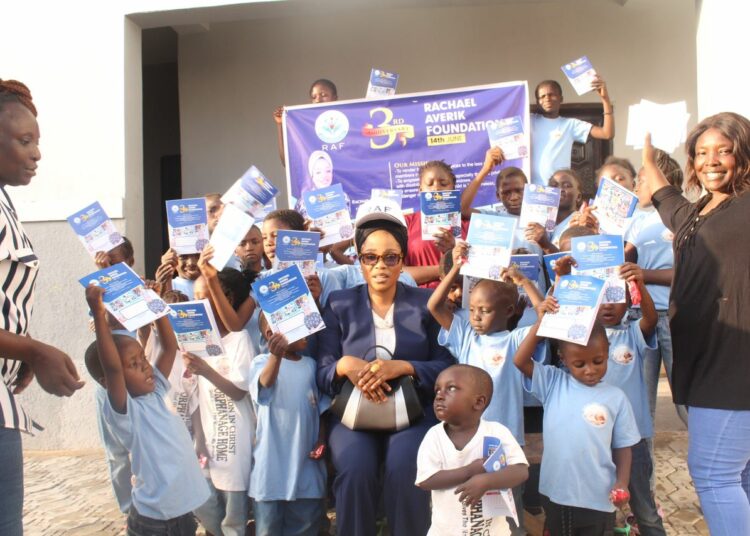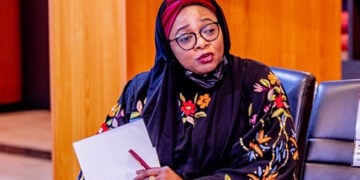The chief executive officer of the Rachael Averik Foundation and special assistant on Political Affairs to the Kaduna State Governor, Hon Rachael Averik, has distributed food and books to vulnerable people across Kaduna State.
According to a statement by the foundation’s management in Abuja on Sunday, the initiative, which is part of her birthday celebration and the third anniversary of her foundation, aims to support communities in need.
Popularly known as Jakadiyar Arak, Averik conducted community outreach, visiting locations such as Faith Orphanage in Sabo, Zion in Christ Orphanage in Bagado, Kano Road Central Mosque in Kaduna North, and India Road in Barnawa, Kaduna South.
“At each stop, she provided essential items, including food, exercise books, biscuits, and sweets, to children, women, and men, relieving those in need.
“Beneficiaries expressed their gratitude through song, dance, and prayers, wishing Averik protection, peace, and continued success,” the statement read.
The outreach underscored the Rachael Averik Foundation’s dedication to supporting vulnerable populations while marking a milestone in its humanitarian efforts.
The dual celebration highlighted Averik’s commitment to community service, blending compassion with festivity in a meaningful display of generosity.





